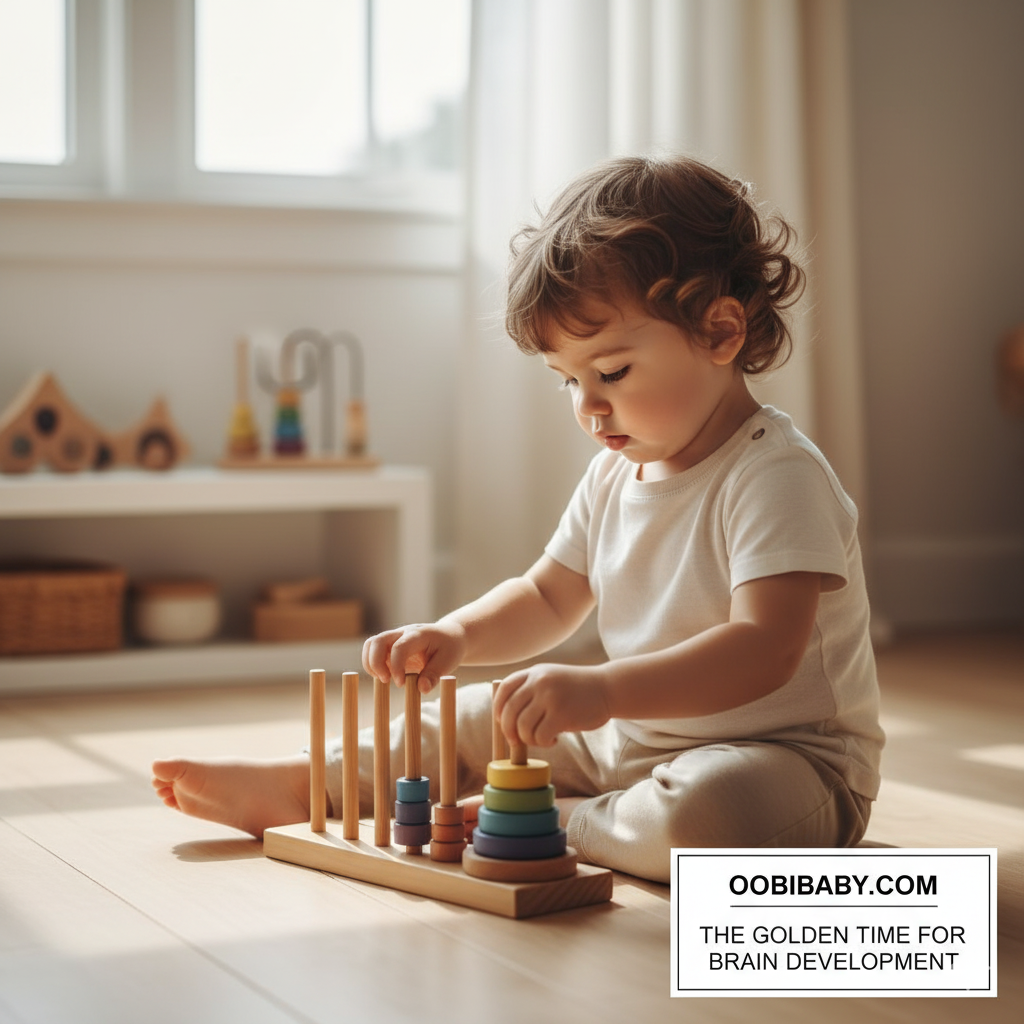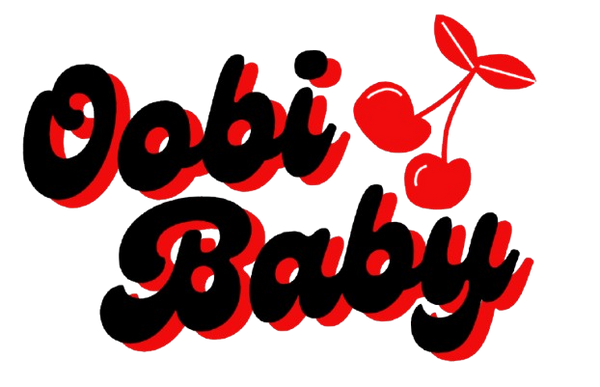
The Golden Time for Brain Development: A Formula for Choosing 5 Essential Montessori Toys
Montessori education is highly valued for boosting a child's autonomy and concentration. But with countless options, many parents feel lost about which toys to choose. Oobibaby combines 'Whimsical & Stylish' design with the core value of 'Gentle, safe, and thoughtfully made,' presenting a formula for selecting the 5 essential tools optimized for your child's brain development during this crucial 'Golden Time.'
STEP 1. The Core Principle: Create an 'Independent Learning' Environment
Montessori tools are more than just toys; they are instruments designed to help children independently find and correct their own errors, thereby building focus and self-reliance. When selecting, check if the toy encourages the child to explore rather than being directed by the parent.
-
Reality-Based: Choose tools with shapes, textures, and weights similar to real life to boost real-world adaptation. (e.g., Wooden counting sticks instead of plastic).
-
Singular Focus: Tools designed to teach only one concept at a time (e.g., color OR size) prevent the child from becoming overwhelmed and boost concentration.
🧩 STEP 2. The 5 Essential Toy Selection Formula by Age
Oobibaby’s guide to the most critical 5 tools based on the child’s brain development stage.
| Rank | Age (Golden Time) | Essential Tool | Educational Benefit (Oobibaby's Take) |
| 1 | 6 months ~ 1 year | Fine Motor Development Toys | Builds coordination between hands and eyes, developing the base for exploration through gripping and holding activities. |
| 2 | 1 year ~ 2 years | Stacking/Nesting Blocks & Puzzles | Develops spatial awareness and problem-solving skills through simple shape matching. Multi-functional toys (like some seen on Oobibaby.com) offer practical use. |
| 3 | 2 years ~ 3 years | Math & Counting Rods | Connects abstract concepts of numbers to concrete objects, laying the foundation for abstract thinking. |
| 4 | 3 years ~ 5 years | Role-Playing/Practical Life Tools | Boosts social skills, language development, and interaction ability using tools similar to real household items. |
| 5 | 4 years ~ 6 years | Complex Strategy Board Games | Games that demand critical thinking and strategic planning deepen cognitive function. |
☀️ STEP 3. Practical 'Home Use' Tips
Providing the toy is less important than offering it at the child's own pace.
-
'Easy Access' Principle: Organize toys on low shelves at the child's eye level so they can independently choose their activity.
-
Minimize Interference: If your child uses a tool incorrectly, avoid immediate correction. Give them time to self-correct, which fosters the self-reliance central to Montessori education.
With Oobibaby, your child's growth is safer and more systematic. Look out for our next warm and practical parenting guide next week!
